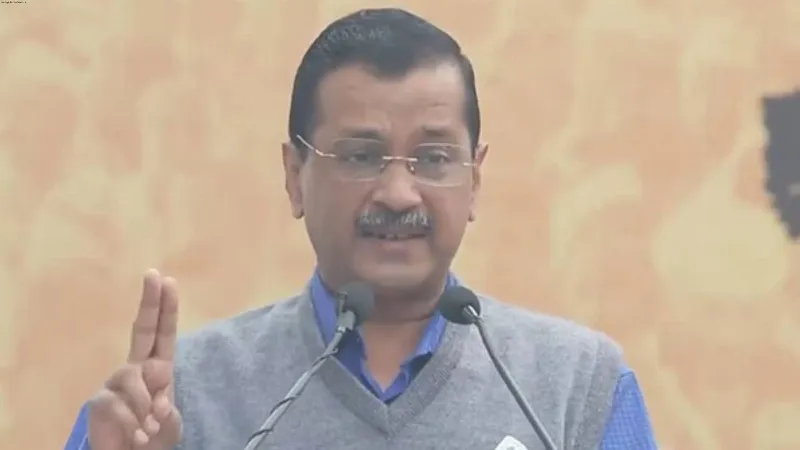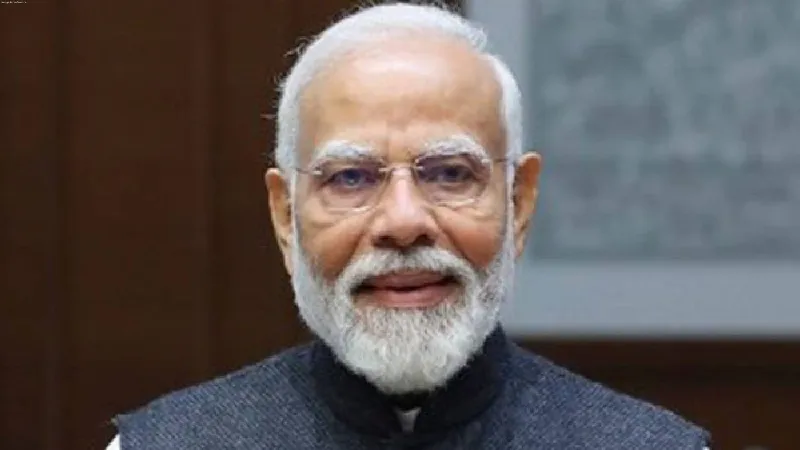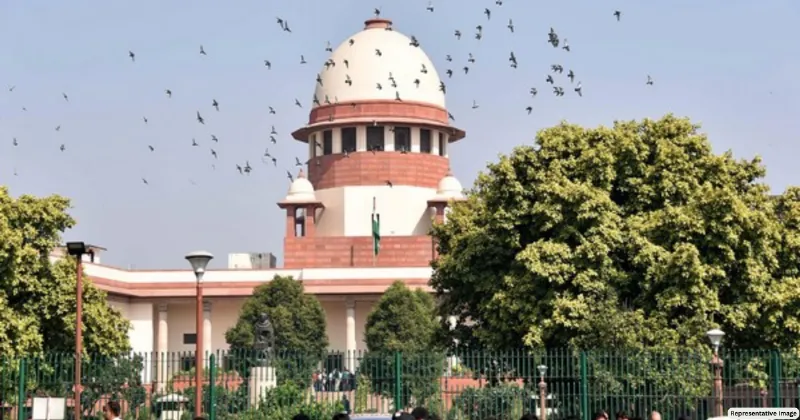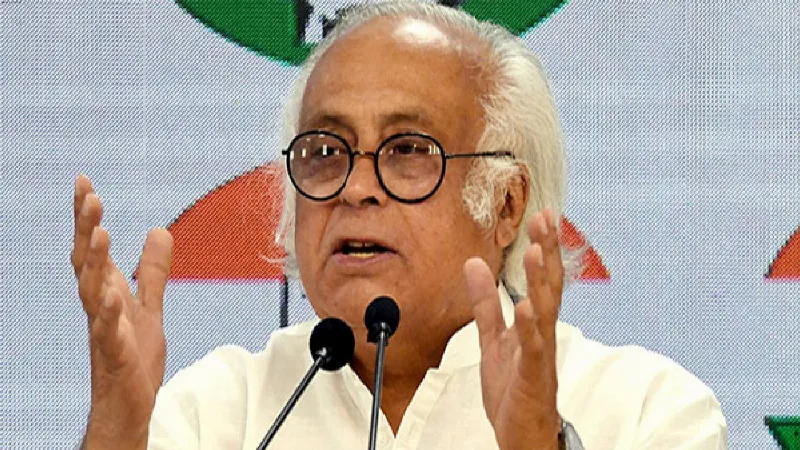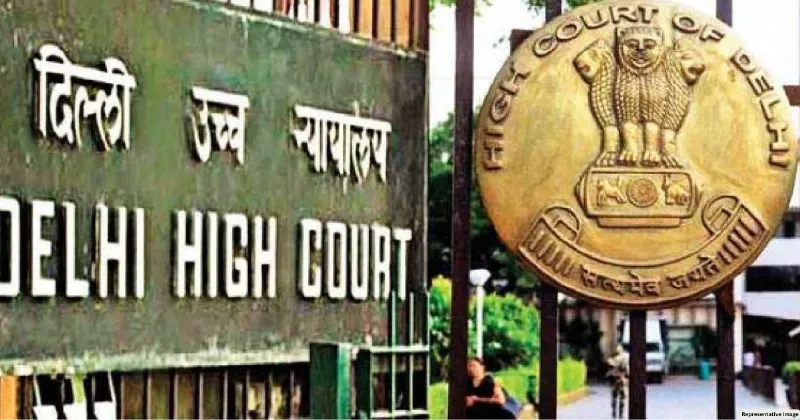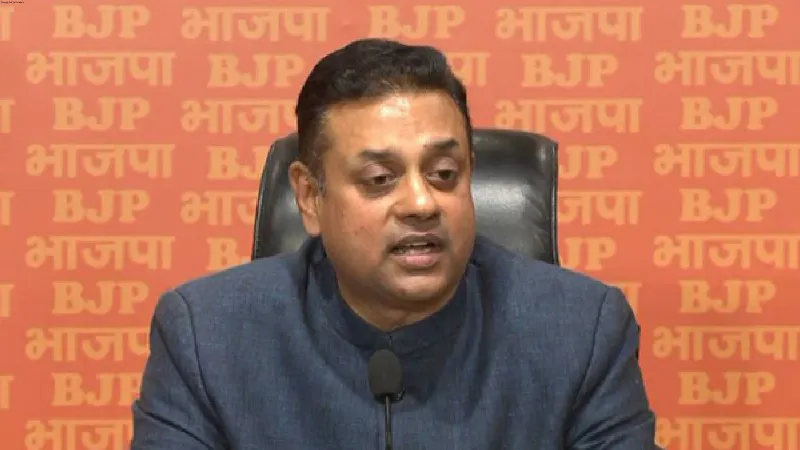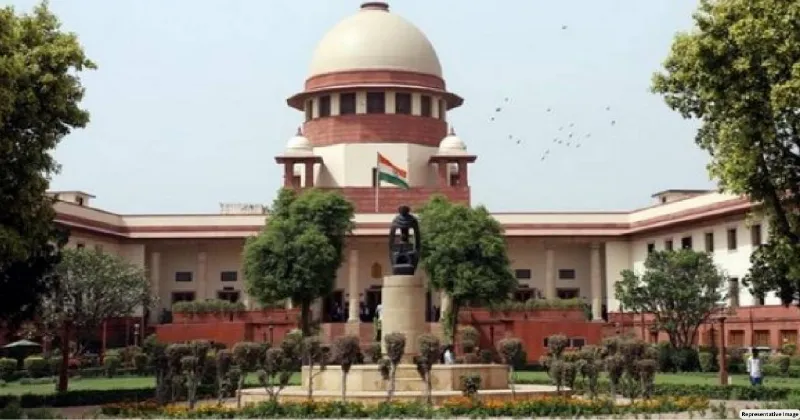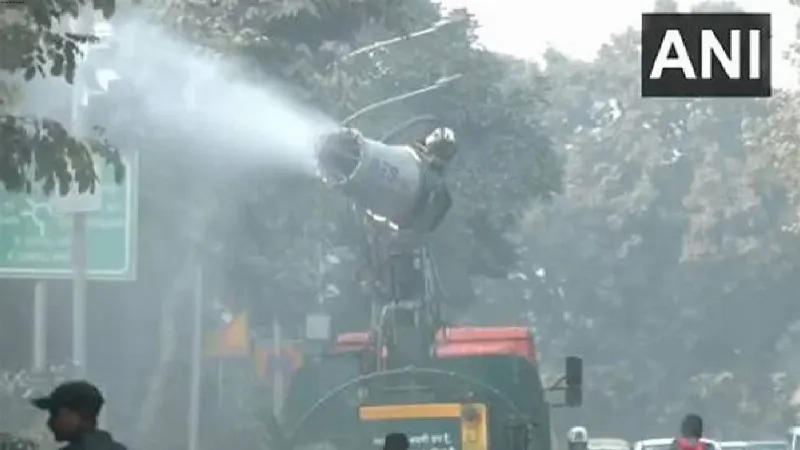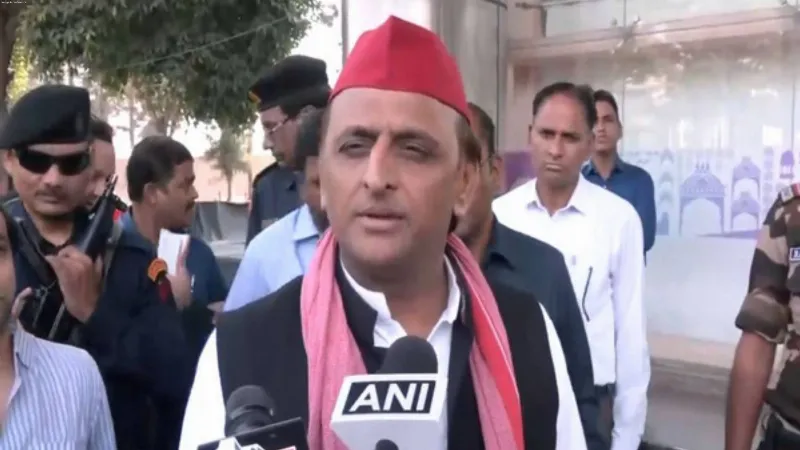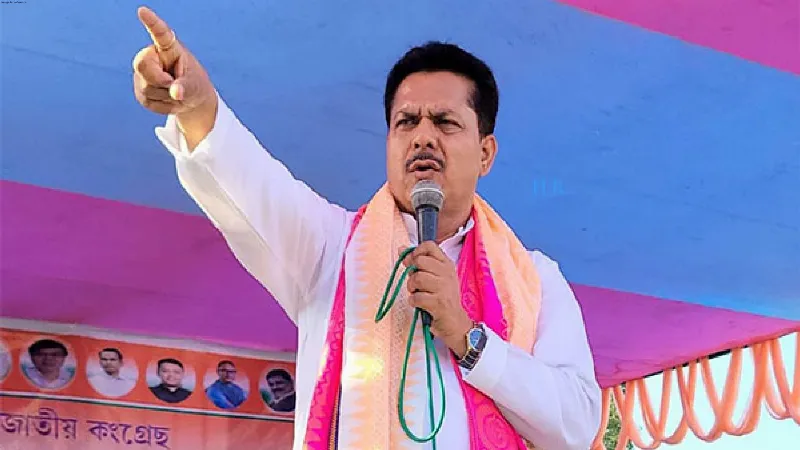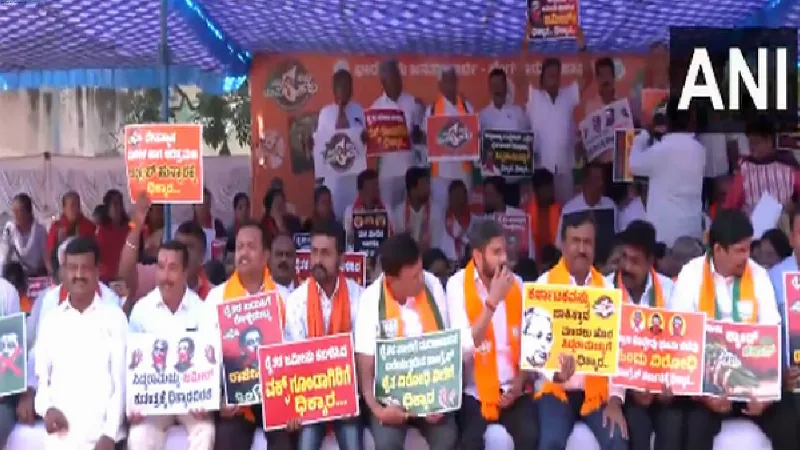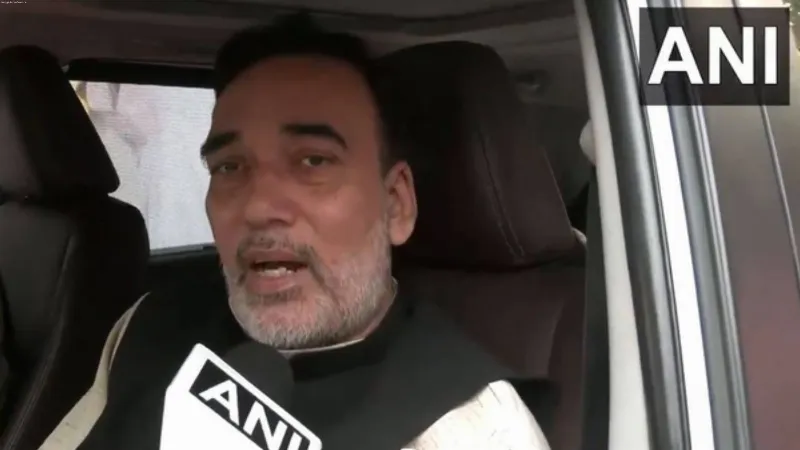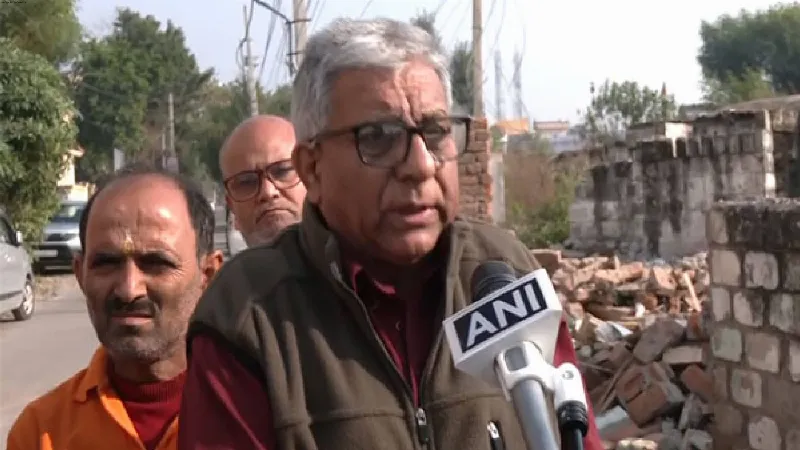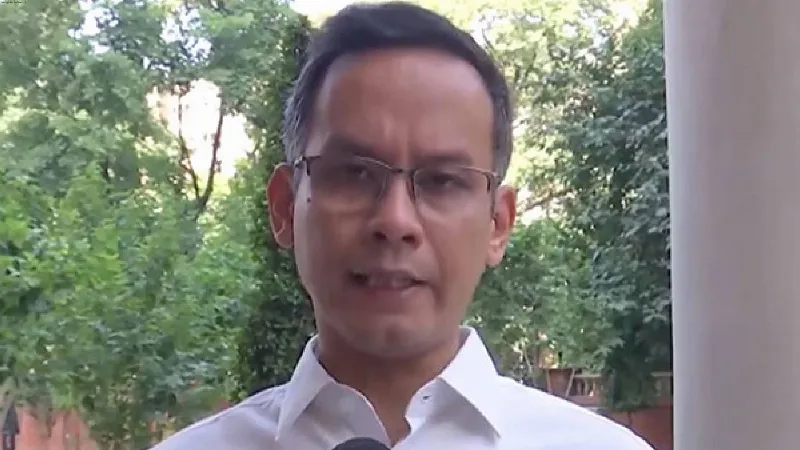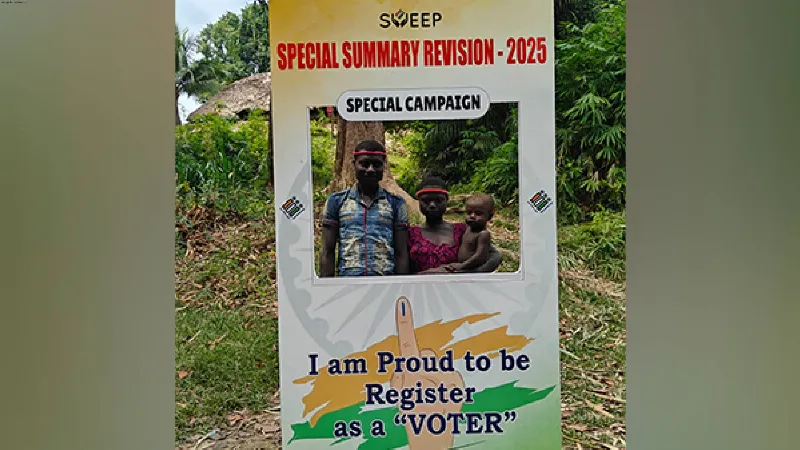Latest News
26-week pregnancy termination: AIIMS informs SC no abnormality detected in foetus
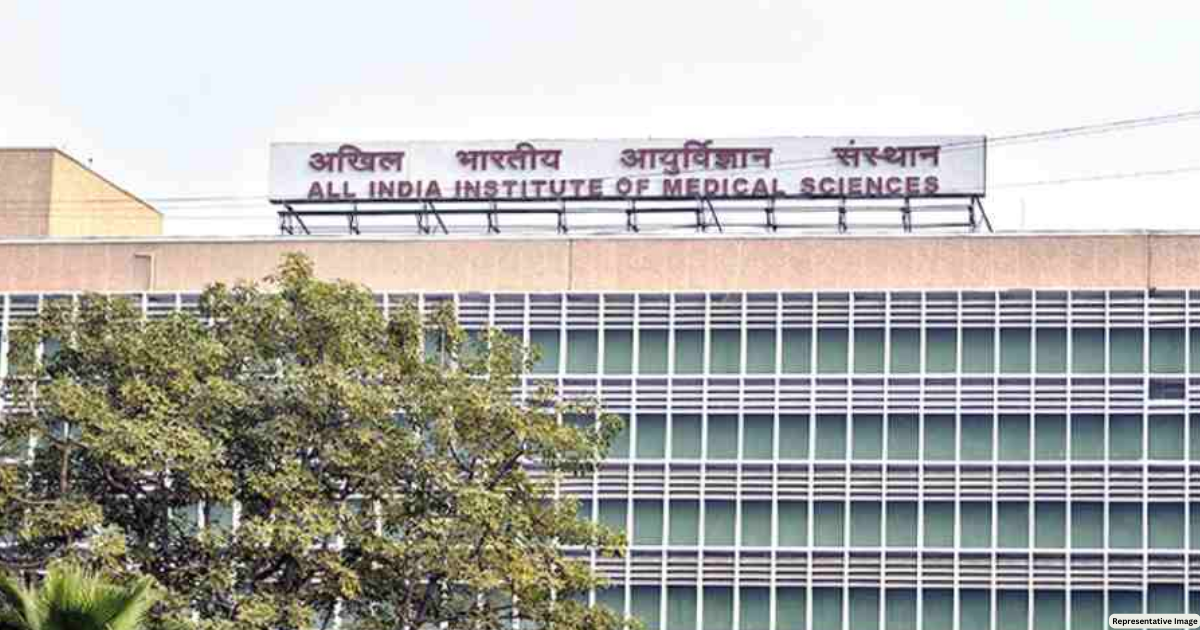
New Delhi: All India Institute of Medical Science (AIIMS) on Monday apprised the Supreme Court, in connection to a petition relating to the termination of an over 26 week-pregnancy, that no abnormality has been detected in the unborn and with proper care and treatment under appropriate medical supervision, the mother and baby can be managed well during pregnancy and postpartum psychosis.
"It is felt that with proper care and treatment under appropriate medical supervision, the mother and baby can be managed well during pregnancy and postpartum as has been previously evidenced by her response to medications. In case of worsening of symptoms she may be admitted and treated," AIIMS report said.
AIIMS report was filed in pursuance of the top court order last Friday.
A bench of Chief Justice of India DY Chandrachud, also comprising Justices JB Pardiwala and Justice Manoj Misra said that it will pass the order apparently post lunch on Monday.
The court said that the bench will try to give the judgment today itself and if the verdict is ready, it may deliver the judgement post-lunch.
The woman has sought termination of 26 weeks of pregnancy whereas the Centre has filed an application seeking a recalling of the top court's order by which the lady's petition has been allowed.
Additional Solicitor General Aishwarya Bhati submitted the AIIMS report and the report said that the woman has a past history of postpartum psychosis, currently controlled on medications.
AIIMS report also said that as assessed by USG and Fetal Echo, the fetus does not have any structural anomaly at the present time
AIIMS also said that the continuation of pregnancy to full term while the woman is on the revised medications is not likely to significantly increase the risk of adverse outcomes for the mother and fetus as compared to other pregnant women.
The court also took the note of AIIMS report.
ASG Bhati, appearing for the Centre, apprised the court about the Medical Termination of Pregnancy Act, 1971 and said that it is a liberal and pro-choice legislation, aimed at giving absolute primacy to the reproductive autonomy and health of the woman while balancing the rights of a viable unborn child.
She further added that now it is not a matter of choice but a choice between pre-term delivery and full-term delivery.
She assured the court that the government would assist her and her husband with everything including medical counselling.
Senior Advocate Colin Gonsalves apprised the court on the issue related to the unborn and said that in international law today there is no right to the unborn child and the right of the woman is absolute.
But the court remarked with a question whether the woman should be allowed to abort even at 33 weeks of pregnancy in those cases where the foetus is not abnormal.
The court also said that the challenge to be law should be dealt with in some other proceedings as now the matter is limited to the woman and the state.
The matter was referred to a three-judge bench after a two-judge bench on October 11 gave split order on the married woman's plea seeking termination of a 26-week pregnancy.
The Supreme Court on Wednesday gave a split order on a married woman's plea seeking termination of a 26-week pregnancy as one of the judges ruled against the termination while the other judge expressed disagreement and said that the woman's decision must be respected to undergo the procedure of termination of her pregnancy.
A two-judge bench of Justices Hima Kohli and BV Nagarathna gave the split decision while hearing the Centre's plea seeking the recalling of its earlier order allowing the woman to undergo the procedure of termination of her pregnancy.
Justice Hima Kohli said that her judicial conscience does not allow her to permit termination. Expressing disagreement, Justice BV Nagarathna said that the woman's decision to undergo termination of her pregnancy must be respected.
The woman has submitted an affidavit stating she does not wish to carry out her pregnancy due to her mental condition and ailments.
On October 9, a bench of justices Hima Kohli and BV Nagarathna directed the woman to visit the Obstetrics and Gynaecology Department, AIIMS, New Delhi on October 10.
The court had also directed the AIIMS to admit the petitioner for her to undergo the procedure of termination of her pregnancy at the earliest with follow-up as may be advised by the treating doctors.

